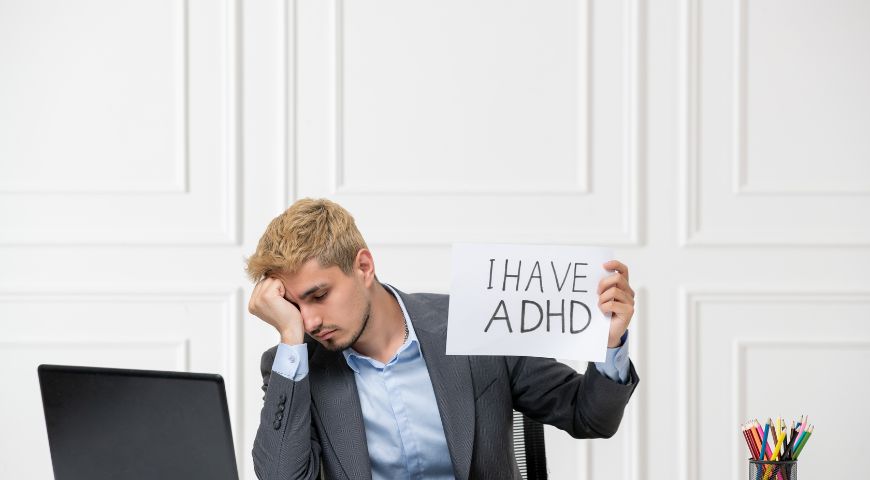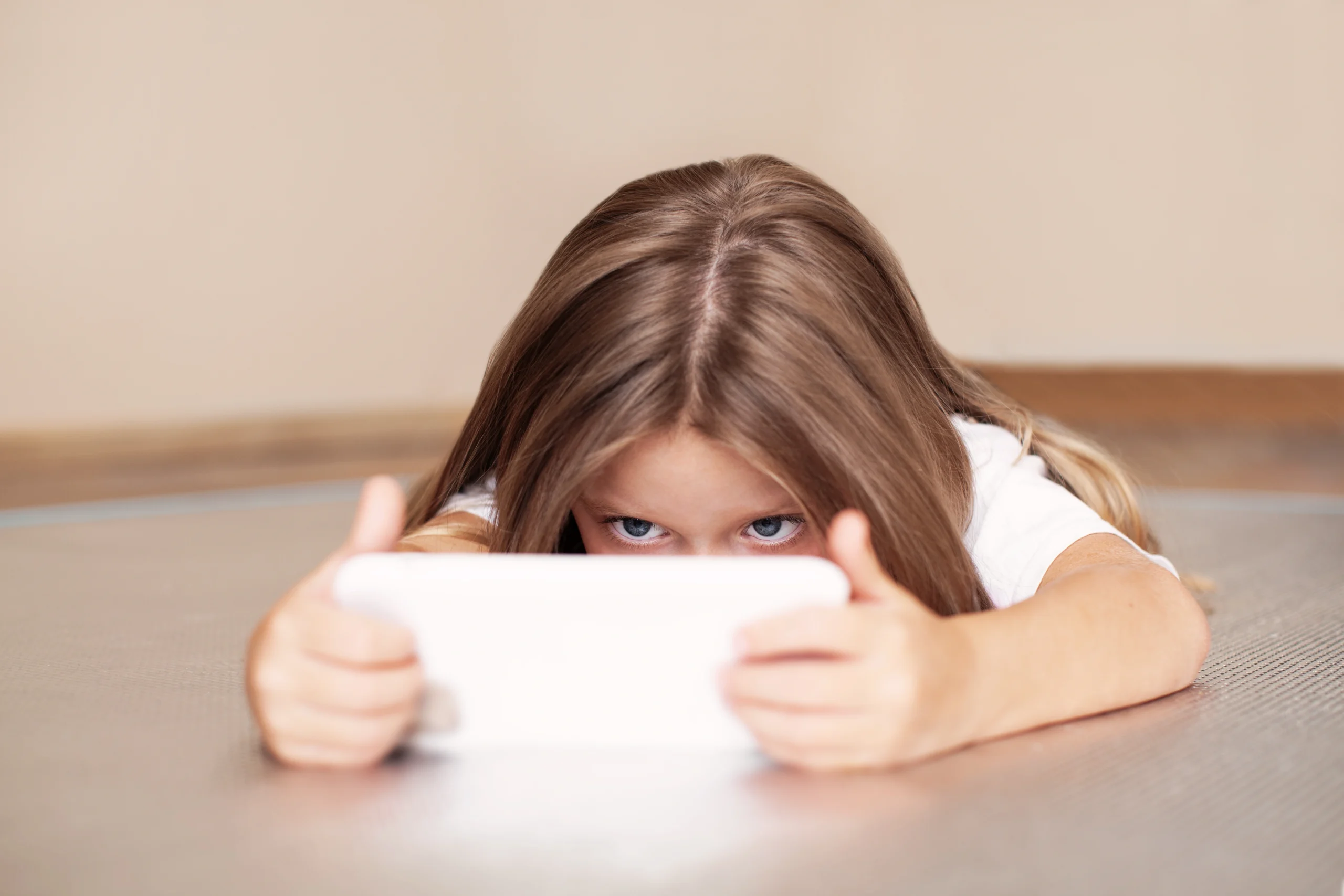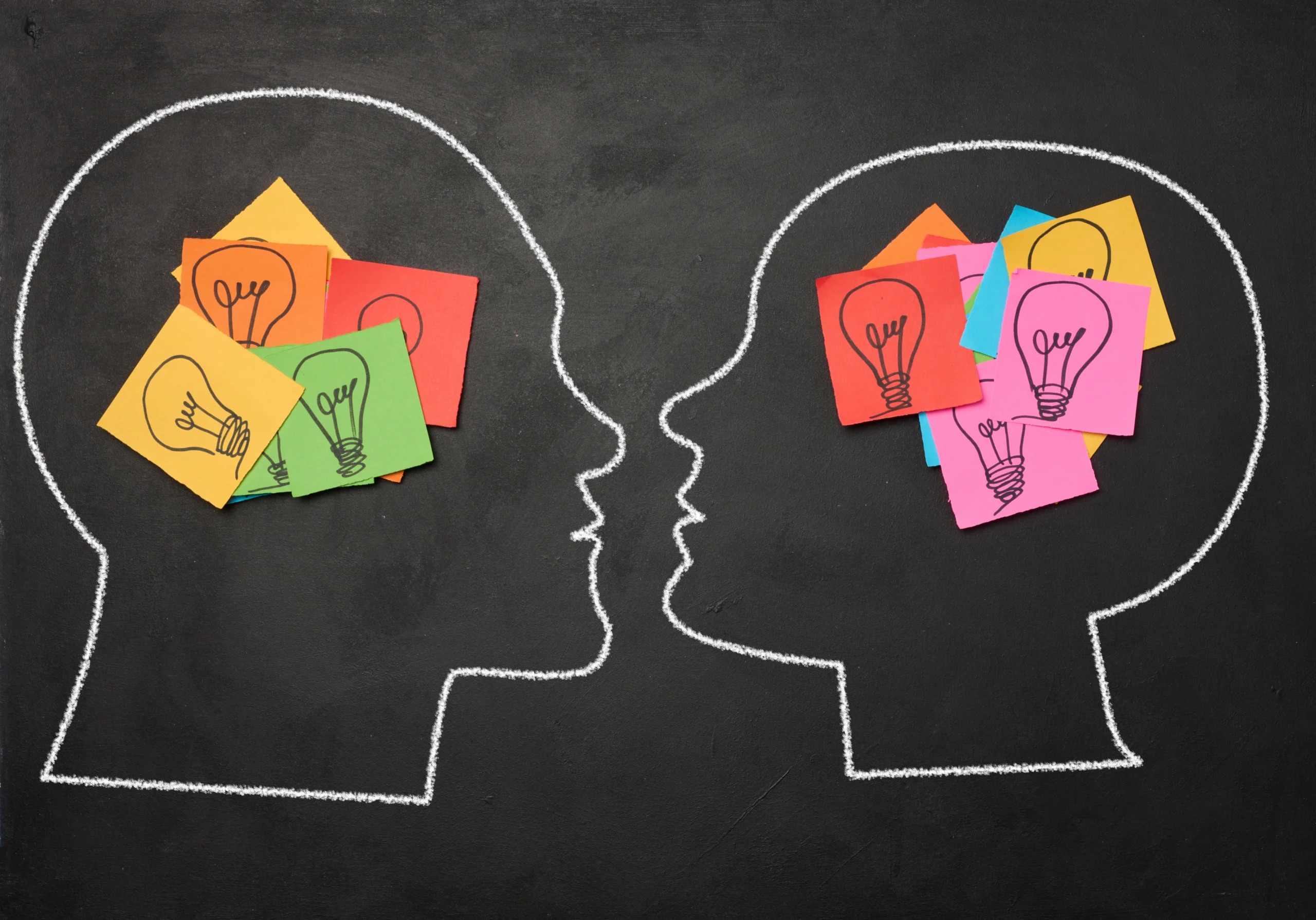As an individual therapist who has spent years working with children, teens, and adults, I’ve seen the power of social media in both helpful and harmful ways. Lately, one of the growing concerns among mental health professionals, including myself, is the misinformation surrounding ADHD on platforms like TikTok.
What inspired me to write this blog was a study that recently revealed how videos about ADHD on TikTok are often misleading. As someone who provides child counseling, group therapy sessions, and anxiety management programs in India, I’ve had many clients come in with a self-diagnosis based on short-form videos they’ve seen online.
Let’s dive into what the real concern is—and how we can all respond with more awareness.
1. ADHD Is Complex—TikTok Often Isn’t
One of the biggest issues is how complex conditions like ADHD get oversimplified into 15-second clips. TikTok videos may list vague symptoms like “zoning out,” “being messy,” or “forgetting things”—traits many people experience occasionally.
While these may be associated with ADHD, a formal diagnosis involves comprehensive assessments by a licensed professional. As a licensed psychologist in India, I use evidence-based tools like the MACI or MCMI when working with clients.
These tools, combined with in-depth interviews and observations, help determine whether a person genuinely has ADHD—or if the symptoms are better explained by stress, trauma, or even chronic post traumatic stress disorder symptoms.
2. Misinformation Can Delay Real Support
When someone believes they have ADHD solely based on a TikTok video, they might begin to self-label and self-treat. I’ve seen clients take over-the-counter supplements, follow dopamine detoxes, or even avoid therapy altogether because they think they’ve figured it out on their own.
This not only delays professional help but can worsen underlying conditions like PTSD, anxiety, or depression. As a PTSD specialist, I’ve had clients who assumed their inattention was ADHD—but it was actually due to unresolved trauma.
Early, accurate diagnosis matters. That’s why I recommend online psychologist consultation in India for those who are unsure. You can even take online depression and anxiety tests in India to get a more holistic understanding before jumping to conclusions.
3. Let’s Talk About Teens and Social Media
Teens are especially vulnerable. As someone who offers teen therapy and family therapist services, I often hear parents concerned about what their children are consuming online.
In my sessions, I’ve seen young clients mimic symptoms or use ADHD as a way to explain away academic or emotional struggles. This isn’t to say they are faking—but rather they are trying to make sense of their feelings using whatever information is accessible.
That’s why open conversation, combined with certified cognitive behavioral therapists in Mumbai, helps bring clarity. Sometimes what a child needs isn’t a label, but child counseling that addresses stress, low self-esteem, or emotional overwhelm.
What Can You Do?
If you or someone you know suspects ADHD, here’s what I suggest:
- Consult a mental health professional. Whether you’re seeking premarital counseling services in Mumbai or support for a teen, starting with an accurate diagnosis is essential.
- Be cautious of self-diagnosis online. TikTok isn’t inherently bad, but it’s not a medical journal either.
- Look for patterns, not isolated symptoms. ADHD affects daily functioning across multiple areas: work, relationships, and personal goals.
- Use digital tools wisely. Try group therapy sessions in Mumbai or access online psychologist consultation in India to talk things through before jumping to conclusions.
- Support each other with empathy. Many people mislabel themselves due to fear, stigma, or confusion. The solution is not judgment—it’s guidance.
Final Thoughts: What TikTok Gets Right—and What It Misses
Some ADHD creators on TikTok genuinely want to help reduce stigma—and that’s a good thing. These videos can encourage people to speak up, seek help, or learn more.
But remember: not every video is accurate, and not every struggle is ADHD.
As a psychologist in India, I’ve had the privilege of offering INDIVIDUAL THERAPY, FAMILY THERAPY, and COUPLES THERAPY to people from all walks of life. I’ve seen how healing begins not just with information—but with understanding, context, and connection.
If you’re feeling overwhelmed or unsure, let’s talk. Whether it’s OCD treatment in India, support with ANXIETY, or understanding your emotions better—I’m here.
Practo Profile Line: Ms. Tanu Choksi is a warm and friendly counselor and therapist offering patient, non-judgmental, and rational solutions to personal problems.
Follow me on Instagram, Facebook, and LinkedIn for more conversations on emotional well-being, family dynamics, teen mental health, and how therapy can help you thrive.




